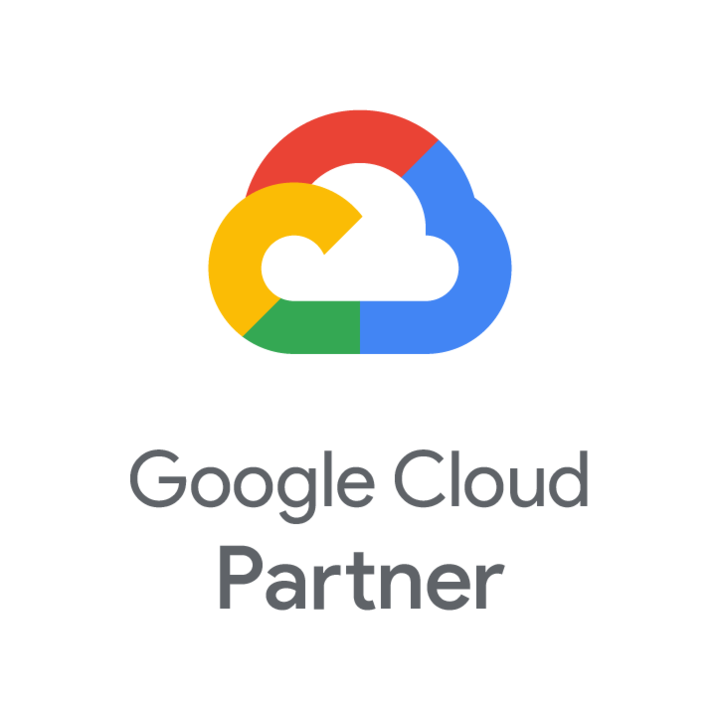From Science to Finance:
Earth Sciences for Resilent Economies
Climate Engine combines experts in Earth Systems, Finance, and Computing to support global sustainability
01
Focus Areas
Take a look at the sectors we engage with to maximize global scale impacts
02
Resilience + Google
Learn how we leverage the computational power of Google Cloud for resilience


Economic Resilience through Spatial Finance
We are living in a period of unprecedented environmental change. The economic impacts of climate change are happening now with estimates of losses between $4-$6 Trillion a year (Climate Institute: 2023). These losses are expected to escalate upwards of $28 Trillion a year by 2050 (Swiss Re: 2021). Fortunately, we have access to unparalleled visibility into our Earth systems through satellites and sensors. A more sustainable future depends on transforming this data into actionable insights for financial and operational resilience to reduce these impacts, minimize instability, and protect our supply chains.
Climate Engine brings together Earth scientists, financial specialists, and cloud computing experts to combine the world’s best Earth and economic data leveraging the power of Google Cloud’s geospatial processing and AI/ML products. Our mission is to uncover the interconnections between climate, nature, and economic activity to support global economic transformations for environmental sustainability.
SpatiaFi: Climate Engine's Newest Application
SpatiaFi connects the world’s best available Earth data with business location data to track and predict financial impacts of climate and nature-related evemts.
